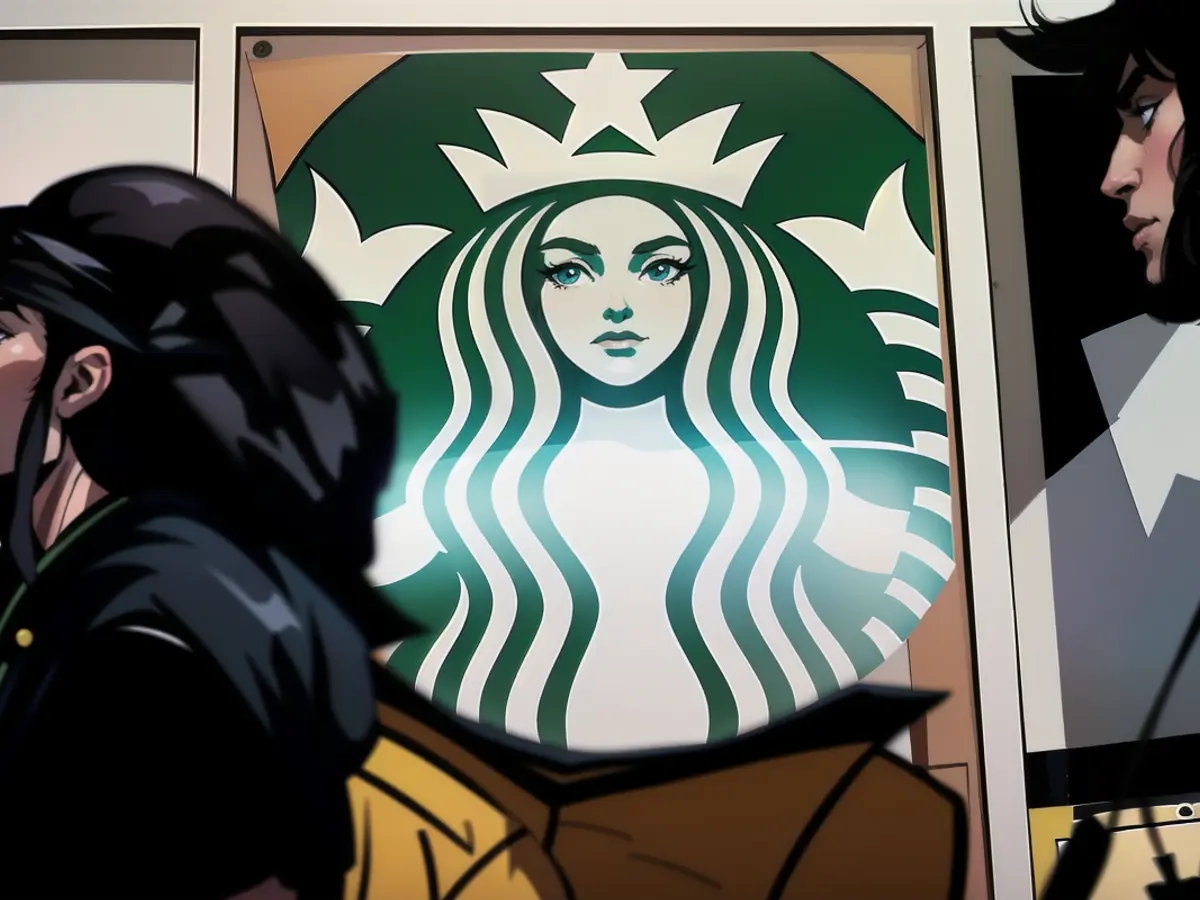US companies face pressure due to protests against Gaza conflict.
Major American brands like Starbucks, McDonald's, and Kentucky Fried Chicken are facing the repercussions of boycott calls in Middle Eastern and Southeast Asian markets. Customers are avoiding companies associated with Israel's leading supporter country, resulting in reduced sales in certain areas.
The boycotts have not caused substantial trouble for the companies, but sales have been noticeably affected in predominantly Muslim regions. Starbucks, for instance, experienced a 2% drop in overall revenue and a whopping 15% decline in net profit in the last quarter, along with a significant decline in share price. This marks the first such dip in nearly three years. Demand in key markets, such as the United States and China, has weakened due to inflation and intensifying competition. However, international boycotts also play a part in the coffee giant's struggles. In Southeast Asian Muslim-majority countries like Indonesia and Malaysia, sales have witnessed a significant decline, as per a Handelsblatt report.
PT Sari Coffee Indonesia, Starbucks' local franchise with more than 300 branches, witnessed a 30% decrease in sales in February. "People feel pressured to distance themselves from Starbucks," the owner stated. In Malaysia, the Berjaya Food franchise dealing with 400 outlets experienced a 38% decline in sales in the previous quarter, attributing the decline to the ongoing boycott. Starbucks' Middle East franchise owner, Alshaya Group in Kuwait, intends to lay off approximately 4% of its workforce due to the escalating boycott.
The boycott movement against Starbucks stems from their confrontation with the Starbucks Workers United union over alleged pro-Palestinian advocacy on Platform X. Additionally, Starbucks founder, Howard Schultz, being Jewish could play a role in the boycott calls. Starbucks insists they're not politically motivated, and financing governments isn't their purpose.
In January, McDonald's CEO Chris Kempczinski reported a "substantial" impact of the Israel-Hamas conflict and related "misinformation" on business in the Middle East and certain other markets. Some McDonald's branches in Israel had previously offered free meals to soldiers, prompting a boycott campaign. The franchisee subsequently abandoned their 225 stores in Israel, prompting McDonald's to buy them back in April.
Both Starbucks and McDonald's asserted during boycott campaigns in countries like Egypt, Jordan, and Malaysia that they do not contribute financially to the governments. They also clarified that store operations are handled by local entrepreneurs employing primarily local staff. This hasn't exactly convinced customers in Muslim countries.
Apps exist fostering global coordination to help consumers boycott alleged pro-Israel companies and products. In Germany, a presenter faced the consequences after promoting one such app on her private Instagram account; she was fired by SWR. Boycott campaigns are generating an unstoppable buzz on social media. Recent incidents involve verbal abuse and harassment directed at customers attempting to enter a Starbucks in Berlin during a pro-Palestinian rally.
KFC has temporarily shuttered dozens of branches in Malaysia due to boycotts, with more than 100 closures reported in local media. Unilever, a British supplier of consumer goods including Dove and Ben & Jerry's, reported slowed sales growth in Southeast Asia during the fourth quarter due to the boycott in Indonesia.
Although consumer boycotts might not significantly affect the Israeli or US government, other actions like failing to materialize investments in critical sectors or canceling arms contracts could carry more substantial political weight.
Read also:
- Lack of snow also opens up new opportunities for winter tourism
- Abrupt end to e-car subsidies
- The chemical industry has little confidence
- Intersport boss hopes for sales boom through sporting events
Starbucks, experiencing a 2% drop in revenue and a 15% decrease in net profit in the last quarter, has been significantly impacted by the boycott in Indonesia, one of the Southeast Asian Muslim-majority countries. McDonald's, facing similar challenges in the Middle East due to the Israel-Hamas conflict, reported a substantial impact on their business in certain markets, including a temporary closure of dozens of branches in Malaysia due to boycotts. The boycott movements against these companies have gained momentum on social media, leading to verbal abuse and harassment directed at customers in Europe.
Source: www.ntv.de








